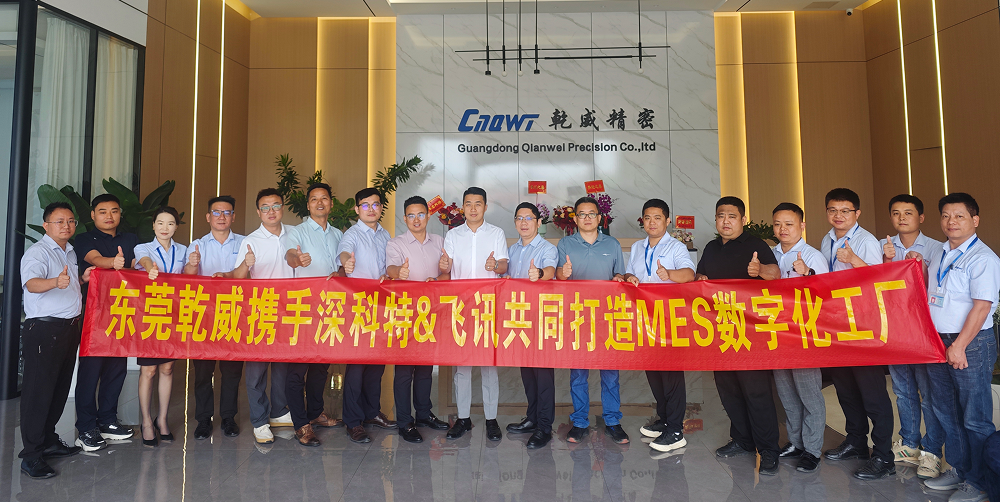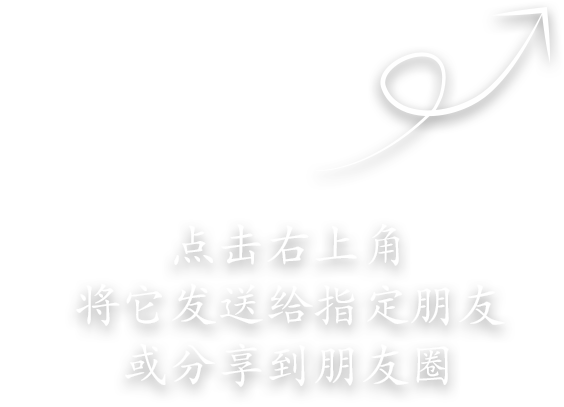MES系统工单进度查询

Title: Enhancing Operational Efficiency with MES System Work Order Progress Tracking
Introduction:
In today's fast-paced and highly competitive manufacturing industry, efficient production processes are crucial for achieving success. One of the key components to achieve operational efficiency is effective work order management. Manufacturing Execution Systems (MES) play an essential role in providing real-time visibility into work order progress, enabling businesses to streamline operations and make data-driven decisions. This article will explore the benefits of MES system work order progress tracking from multiple perspectives, highlighting its impact on productivity, quality control, and overall operational effectiveness.
1. Optimizing Production Planning:
MES system work order progress tracking empowers manufacturing managers to have a clear overview of the status of each order in real-time. Having access to this information allows them to better allocate resources, adjust production schedules, and prevent bottlenecks or delays. With accurate progress tracking, managers can identify potential issues that may arise and take proactive measures to ensure on-time delivery, ultimately improving customer satisfaction.
2. Enabling Efficient Resource Management:
By tracking work order progress in an MES system, manufacturers gain insights into resource utilization. They can monitor the performance of machines, production lines, and labor resources. This data helps in identifying underutilized resources or areas where there is a need for additional support. Proper resource management leads to optimized production capacity, reduced downtime, and increased profitability.
3. Enhancing Quality Control:
Work order progress tracking in an MES system facilitates effective quality control measures. By monitoring the progress of each order, manufacturers can identify any slowdowns or deviations from predefined quality standards. Real-time alerts and notifications enable quick action to rectify issues and prevent defective products from reaching customers. Accurate tracking also helps in tracing the origin of quality issues, allowing manufacturers to implement corrective actions and continuously improve product quality.
4. Facilitating Data-Driven Decision Making:
MES system work order progress tracking provides valuable data insights that aid in making informed decisions. Manufacturers can analyze historical data, identify patterns, and observe trends to optimize production processes. With access to detailed reports and analytics, businesses can identify areas for improvement, implement targeted strategies, and drive continuous process optimization. Data-driven decision making enhances overall operational effectiveness and enables manufacturers to stay ahead of the competition.
5. Empowering Collaboration and Communication:
An MES system with work order progress tracking promotes collaboration and communication within the manufacturing ecosystem. It allows different departments and teams to have access to real-time progress updates, fostering coordination and alignment. With improved visibility, bottlenecks can be quickly identified, and stakeholders can collaborate to find solutions. Enhanced communication leads to more efficient workflows, reduced errors, and improved overall productivity.
Conclusion:
MES system work order progress tracking plays a vital role in enhancing operational efficiency in the manufacturing industry. From optimizing production planning to enabling efficient resource management, enhancing quality control, facilitating data-driven decision making, and empowering collaboration, its benefits are far-reaching. By harnessing the power of real-time data, manufacturers can streamline operations, improve productivity, and ultimately deliver high-quality products to customers in a timely manner. With the adoption of MES systems, businesses can develop a competitive edge and thrive in today's rapidly evolving manufacturing landscape.
��Ѷ���������2006�꣬ӵ�������з����뿪��ƽ̨����һ�Ҽ���Ӫ�������졢�ɹ���ȫ��·���ǻ��������Ʒ����̺ͷ����̡���Ʒ�������ֻ����䡢����������������������˾��MRO��ERP��MES��WMS��CRM��SRM�Ȳ�ƷΪ������Ϊ�ͻ��ṩ���ǻ��������巽���滮��������ܷ�����Χ���������Ǻͳ����ǵ����������ڰ����ͻ������к�ʵ�ʳ������ɴ��С��ɴ��µ����ֻ���Ӫ��ϵ�������������Ϣ�����������ֻ��;������ܻ��������⣬Ϊ��ͬ��ҵ����ͬ��ʵ�ֲ�ͬ�ľ�ӪĿ�ꡣ























请先 登录后发表评论 ~